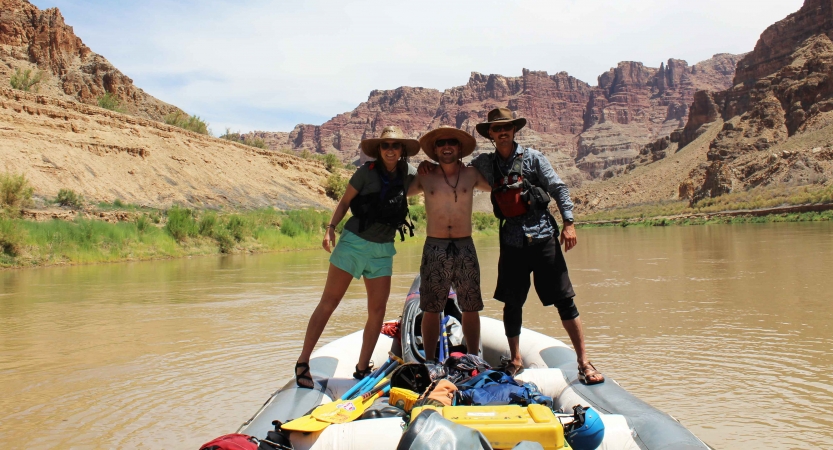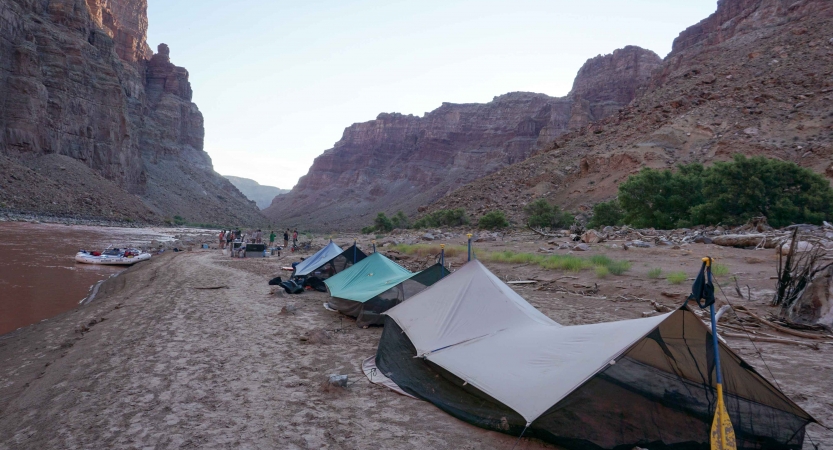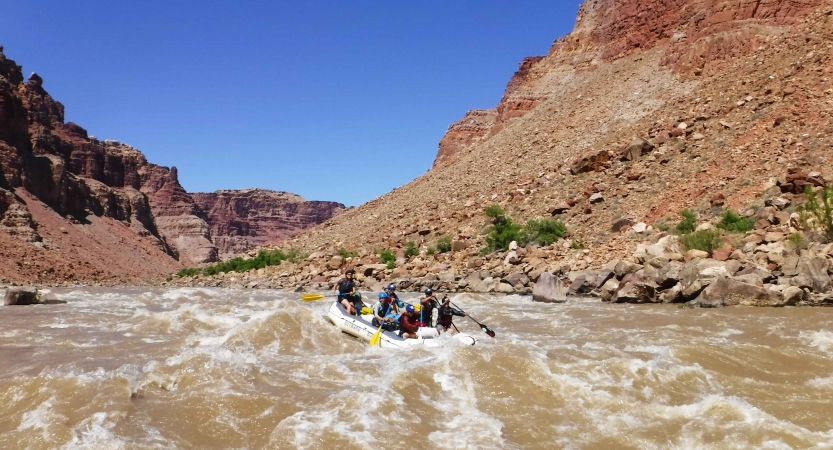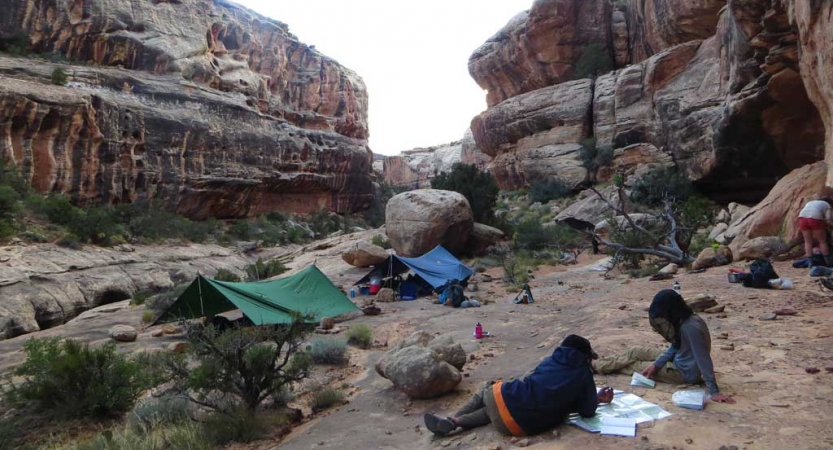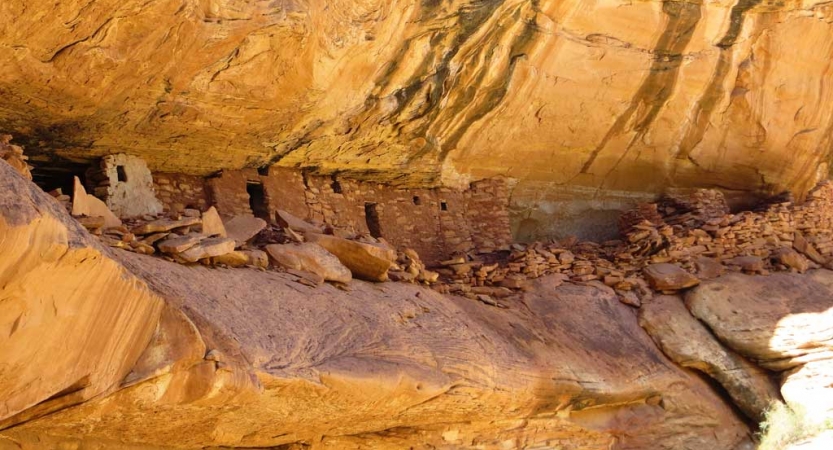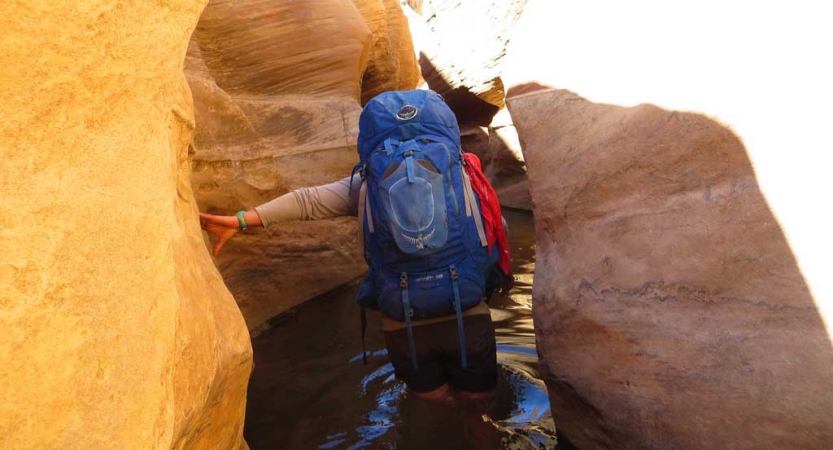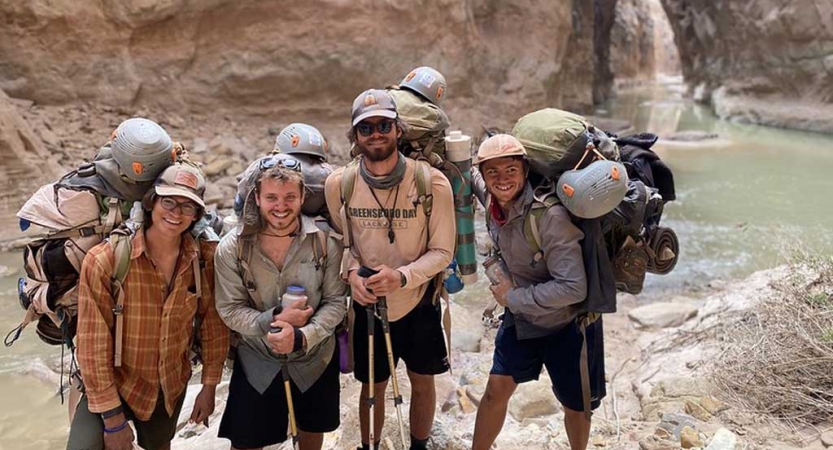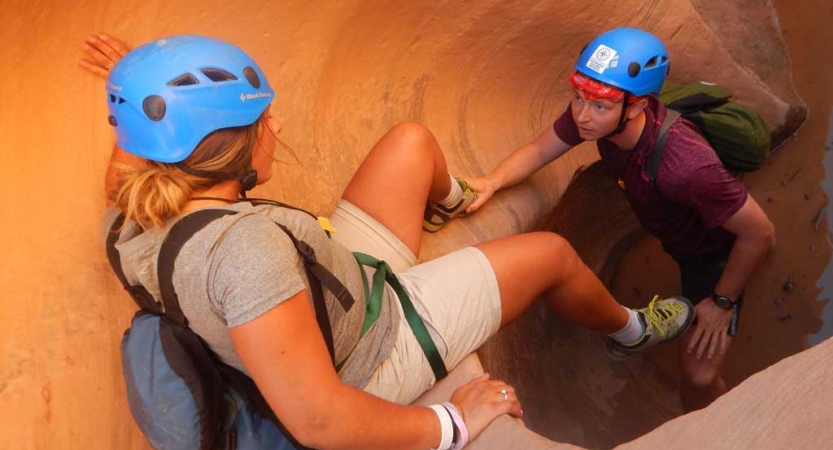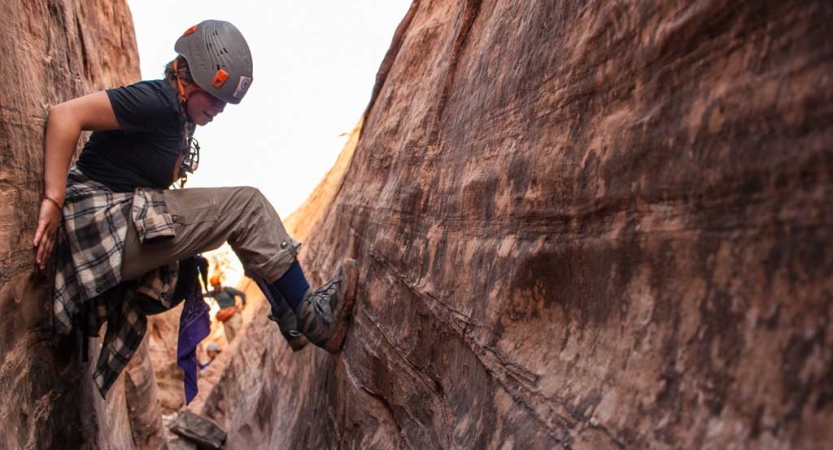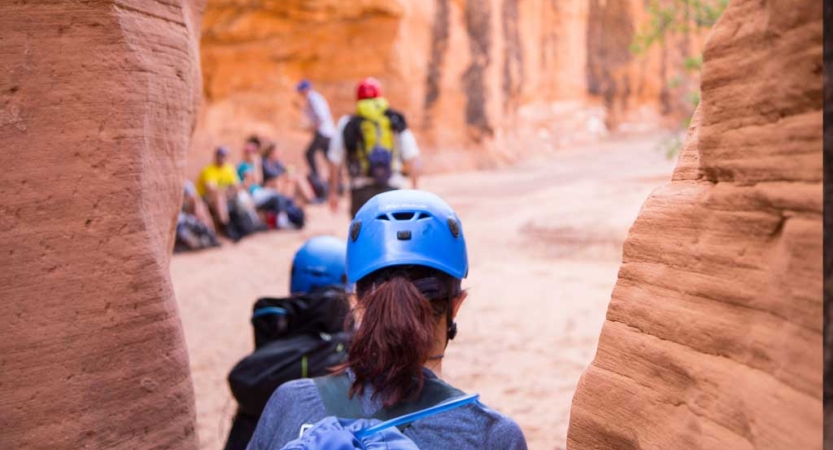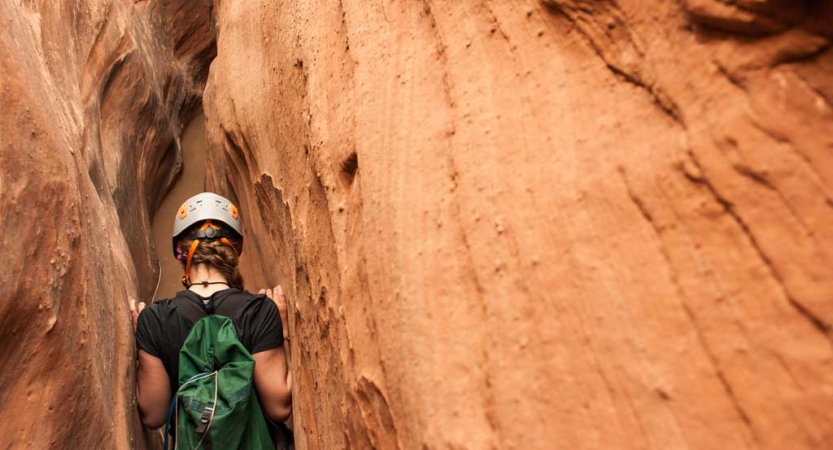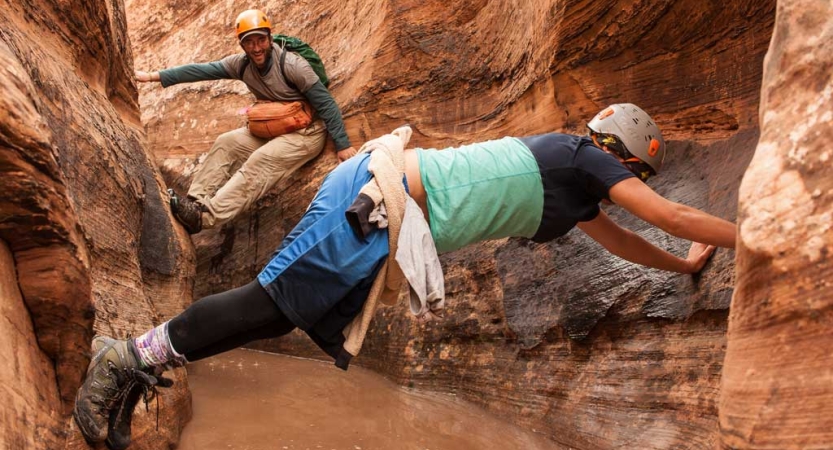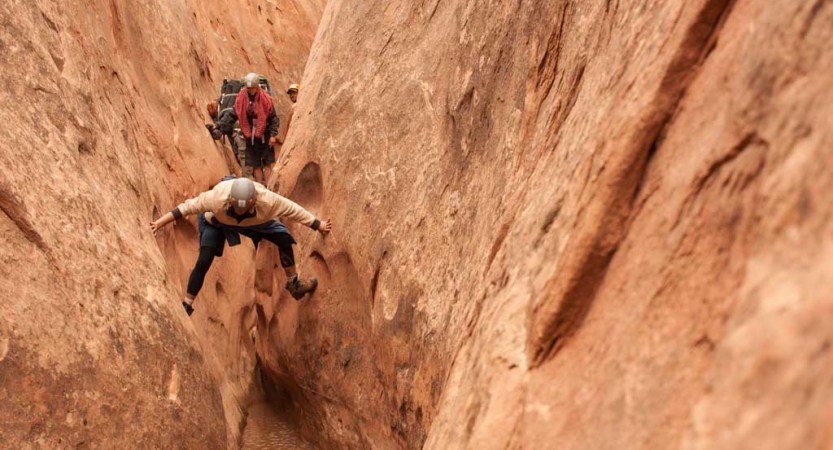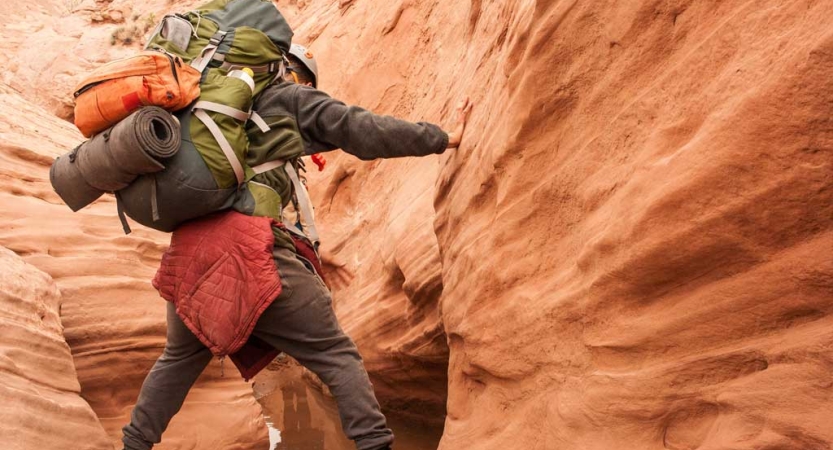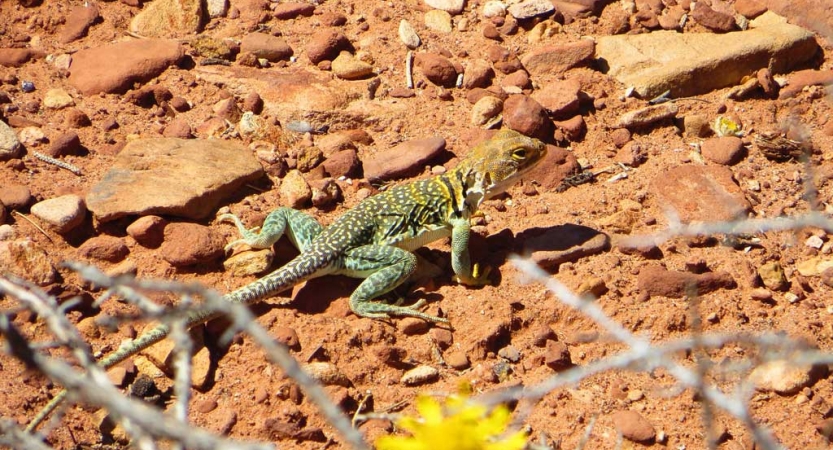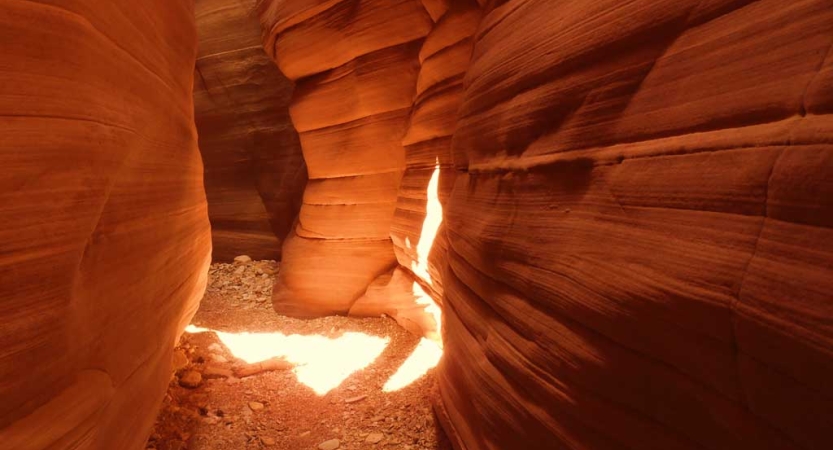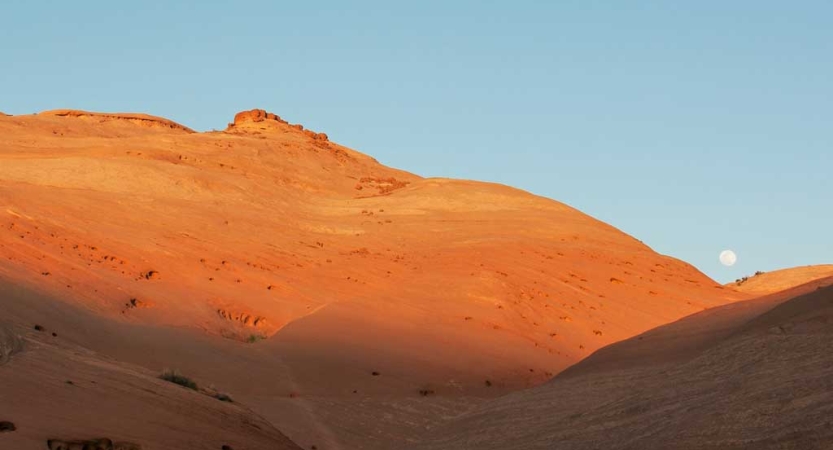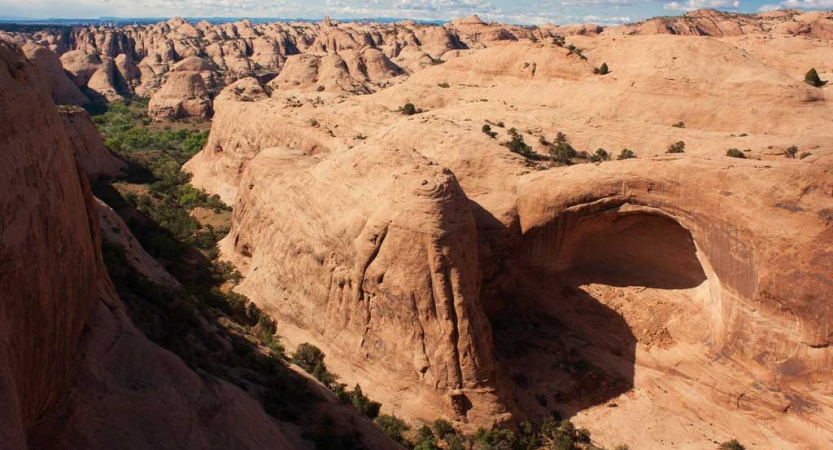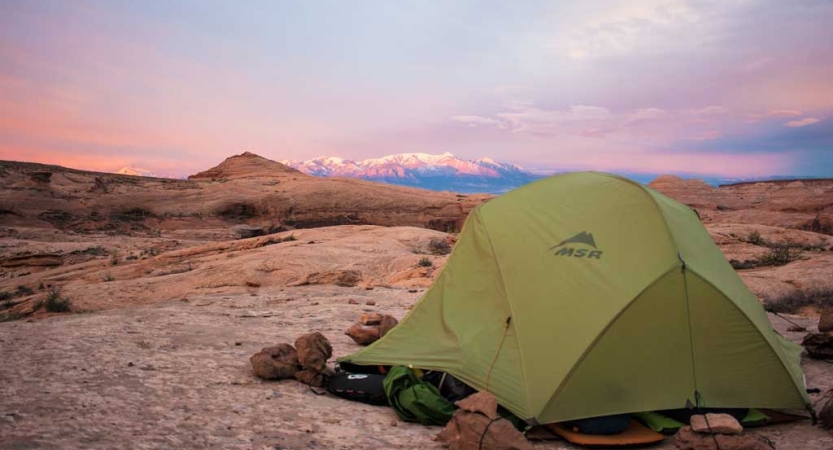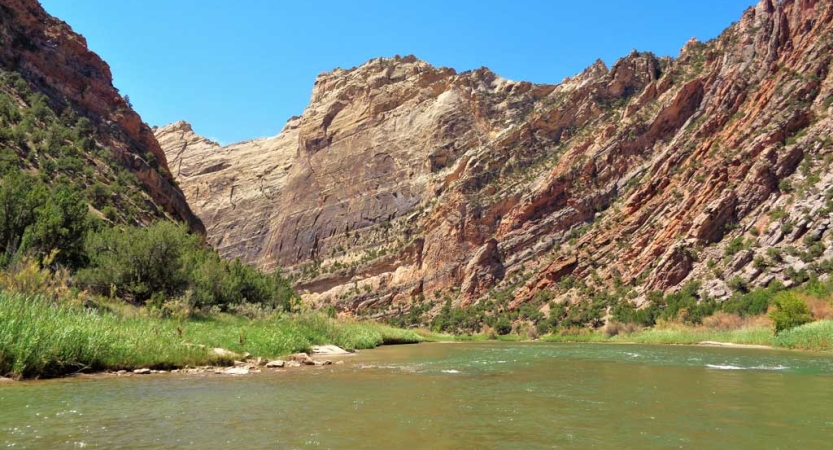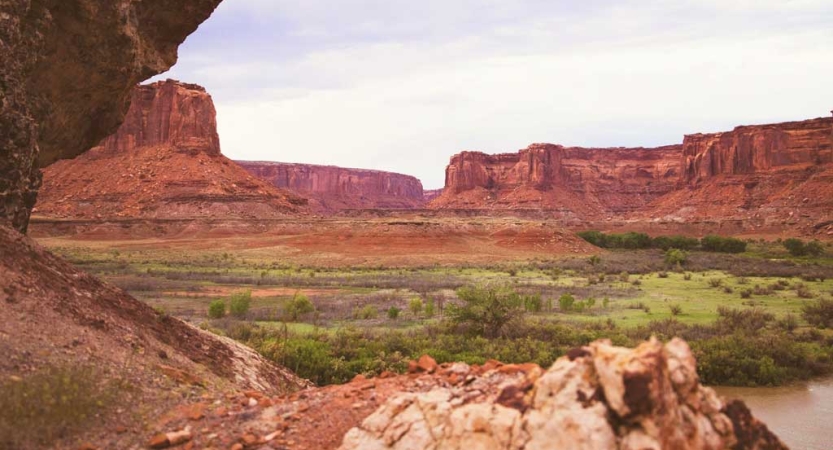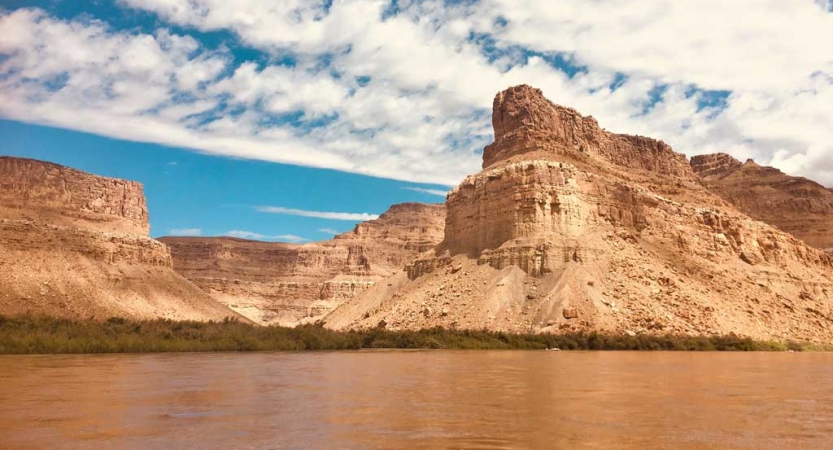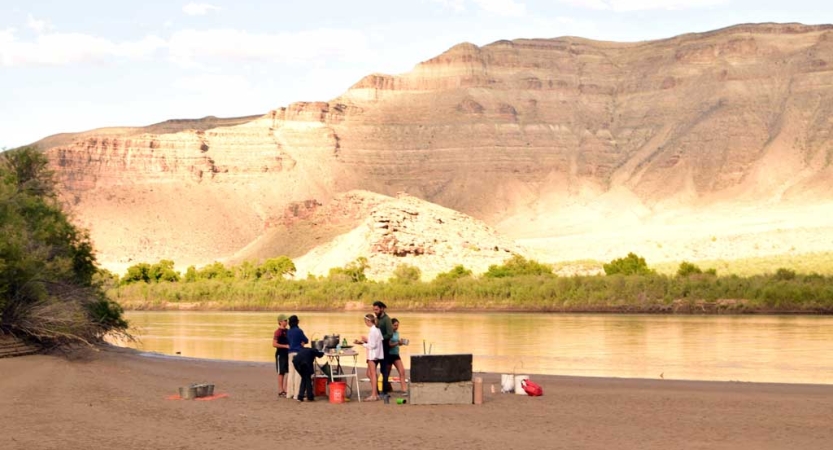-
EXPEDITIONS
-
Dolly Sods Wilderness Backpacking & Potomac River Canoeing
-
Potomac River Canoeing
-
Water Gap Backpacking, Canoeing & Leadership
-
High Sierra Backpacking & Rock Climbing for Boys
-
Water Gap Backpacking, Canoeing & Leadership
-
Costa Rica Whitewater Rafting
-
Joshua Tree Backpacking & Rock Climbing
-
Boundary Waters Dog Sledding & Cross Country Skiing
-
Costa Rica Backpacking & Surfing
-
Joshua Tree Backpacking for Adults
-
Boundary Waters Dog Sledding & Cross Country Skiing for Adults
-
Yosemite Backpacking for Adults
-
Boundary Waters Canoeing for Adults
-
Blue Ridge Mountains Backpacking & Rock Climbing for Adults
-
High Sierra Alpine Backpacking & Rock Climbing for Adults
-
Pathfinder Boundary Waters Canoeing & Backpacking
-
Pathfinder Southwest Canyoneering & Rafting
-
Pathfinder Blue Ridge Mountains Backpacking, Whitewater Canoeing & Rock Climbing
-
Pathfinder Rocky Mountains to Canyonlands
-
Blue Ridge Mountains to Florida & Patagonia Leadership Semester
-
Maine to Bahamas Leadership Semester
-
Canyonlands to Joshua Tree Leadership Semester
-
Costa Rica and Panama Leadership Semester
-
High Sierra Backpacking & Rock Climbing for Boys
-
Blue Ridge Mountains Backpacking & Rock Climbing for Families
-
Ten Thousand Islands Canoeing for Families
-
Ten Thousand Islands Sea Kayaking for Veterans
-
Blue Ridge Mountains Backpacking & Rock Climbing for Women Veterans
-
Ten Thousand Islands Canoeing for Veterans
-
Backpacking
-
Canoeing
-
Canyoneering
-
Dog Sledding
-
Mountaineering
-
Rafting
-
Rock Climbing
-
Sailing
-
Sea Kayaking
-
Service
-
Snow and Ice
-
EXPEDITION FINDER
CLASSIC FOR MIDDLE SCHOOL
FEATURED CLASSIC FOR MIDDLE SCHOOL
FEATURED CLASSIC FOR HIGH SCHOOL
FEATURED CLASSIC FOR ADULTS
FEATURED PATHFINDER
FEATURED SEMESTER
FEATURED OUTDOOR EDUCATOR
OUTDOOR EDUCATOR OVERVIEW INTERCEPTFEATURED INTERCEPT
INTERCEPT OVERVIEW AFFINITY GROUPSFEATURED AFFINITY GROUPS
FEATURED VETERANS
FEATURED ACTIVITIES
FEATURED SCHOLARSHIPS & ACADEMIC CREDIT
SCHOLARSHIPS & ACADEMIC CREDIT OVERVIEW PLANNING COMMUNICABLE DISEASE PRACTICESFEATURED COMMUNICABLE DISEASE PRACTICES

Program Overview
Skills
- Basic First Aid
- Basic Paddle Strokes
- Campcraft
- Food Preparation and Cooking
- Knots
- Map and Compass
- Navigation
- Rappelling
- River Reading
- Safety and Risk Management
- Self Care
- Character
- Communication
- Conflict Resolution
- Independence
- Leadership
- Positive Risk Taking
- Problem Solving
- Resilience
- Responsibility
- Self Awareness
- Self Confidence
- Service
Let’s Connect!
Pathfinder Southwest Canyoneering & Rafting
« Back to SearchTake space for reflection without the noise of everyday life. Navigate your path forward and return home with clarity and direction for your future.
While navigating down river and through red rock canyons, take time to slow down and reflect on your path ahead. Begin your journey by navigating your raft through deep canyons. Camp along sandy shores and search for shooting stars under clear skies. See ancient dwellings and rock art tucked within the canyon walls and learn about the rich human history of the region. Then trade your paddle for hiking boots as you travel through hidden canyons and across vibrant slickrock. Learn to pack a backpack, cook on a camp stove, and chart your daily path. There will be times of excitement as well as times to slow down and connect with your crewmates and nature. No previous rafting, hiking or canyoneering experience is necessary to enjoy this expedition.
Your Instructors will serve as trainers and mentors. Through daily discussions, they will help you discover new things about yourself: how you deal with stress, your goals and values, and your potential as a leader. You’ll return home with the skills needed to pursue your passions and achieve your goals.
Program Overview
Skills
- Basic First Aid
- Basic Paddle Strokes
- Campcraft
- Food Preparation and Cooking
- Knots
- Map and Compass
- Navigation
- Rappelling
- River Reading
- Safety and Risk Management
- Self Care
- Character
- Communication
- Conflict Resolution
- Independence
- Leadership
- Positive Risk Taking
- Problem Solving
- Resilience
- Responsibility
- Self Awareness
- Self Confidence
- Service
UPCOMING COURSES
What is this?
For detailed information on course availability statuses and what they mean, click here.
Course # CUPQ-2562
Age 18 - 25
Days 30
Cost $8,070
Dates 9/26/2025 - 10/25/2025
APPLY NOW
This means a course has several open spots and is actively processing applications.
What is this?
For detailed information on course availability statuses and what they mean, click here.
Course # CUPQ-2661
Age 18 - 25
Days 30
Cost $8,070
Dates 3/26/2026 - 4/24/2026
APPLY NOW
This means a course has several open spots and is actively processing applications.
What is this?
For detailed information on course availability statuses and what they mean, click here.
Thank you for your interest in Outward Bound!
This course starts within the next week. Please call us at 866-467-7651 to assess the possibility of applying for this course!
APPLY NOW
This means a course has several open spots and is actively processing applications.
APPLY NOW – Almost Full
This means there are three or fewer currently available spots left on a course. To secure your spot click Apply Now to begin an application!
JOIN WAITLIST
Once a course has reached capacity, three waitlist positions become available. To join a course’s waitlist, click “Join Waitlist” to begin the application process. A $500 deposit is required. This $500 deposit includes a $150 non-refundable application fee and a $350 tuition payment. The $350 tuition payment is refundable only if you cancel your waitlist application or if an open position does not become available. If a position does become available, the applicant will be applied to the open position and the Application and Cancellation Policies of the Regional Outward Bound School will be followed, including forfeiture of the $500 deposit if you cancel 90 days or less prior to the course start date.
Waitlist applicants are encouraged to complete all required admissions documents while awaiting an open position. Positions may become available up to two weeks prior to the course start date. Applicants may only apply to one course. We recommend applying to a course with open positions instead of a course that is accepting waitlist applications. If you have questions, please call 866-467-7651 to speak with one of our Admissions Advisors.
CALL TO APPLY
This means a course is very close to its start date. Although it is unlikely to secure a spot this late, you can call the National Admissions office at 866-467-7651 to discuss your options.
COURSE IS FULL
When a course has reached maximum capacity, meaning all spots and the three waitlist spots are occupied, a course will read “Course Is Full.” This means applications are no longer being accepted.
CLOSED
As a course nears its start date, the availability status may read “Closed.” In this event, a course roster has been finalized and applications are no longer being accepted or processed.
This course starts in . Are you sure you would like to proceed?
Going on this course has really opened my eyes to who I want to be and also providing myself with more long-term goals that I feel I’m able to attain. I definitely feel that I have more purpose in the world and that I actually matter!
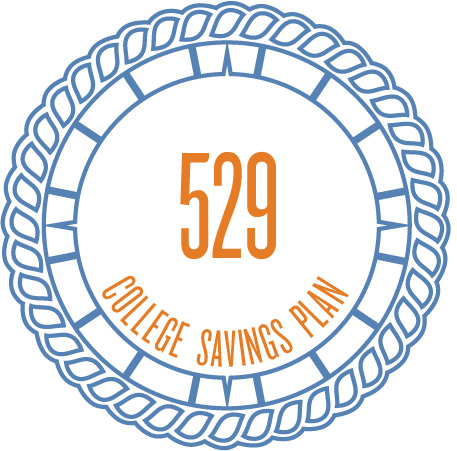 Most College Savings Plans, including the 529 College Savings Plan, may be used to attend an Outward Bound expedition, thanks to a partnership with Western Colorado University. Anyone can register – you do not have to be a current Western Colorado University student. Registration is easy! Click here to learn more.
Most College Savings Plans, including the 529 College Savings Plan, may be used to attend an Outward Bound expedition, thanks to a partnership with Western Colorado University. Anyone can register – you do not have to be a current Western Colorado University student. Registration is easy! Click here to learn more.
Sometimes the noise of daily life makes it difficult to know what we really want, to set clear goals for ourselves, and to forge a path forward. Here’s your reset button. Our Pathfinder expeditions are designed to support students in increasing self-knowledge and awareness, improving goal-setting and decision-making processes, and developing perseverance and self-efficacy. As in the field, so in life: challenge yourself to dream big, then identify your steps to get there and start moving. We’ll put the map in your hands. You chart your path.
- Develop Connections: Adventure with like-minded peers and build relationships as you work through priorities and challenges together
- Value Strengths and Strengthen Values: Discover more about your true self and what you want to achieve, how you overcome setbacks and, most importantly, how to move forward to reach important milestones.
- Learn Outdoor Skills: After 30 days in the wilderness, you’ll master outdoor skills like using a compass, cooking over a fire, and building backcountry campsites.
- Plan For What’s Next: Return home with enhanced leadership, self-awareness, and problem-solving abilities, ready for your next big step.
While rafting, each day is spent practicing paddle strokes and learning to read the water – all while taking in the beauty of the canyon. Crewmates will become a team, coordinating their paddling and taking turns as boat captains. Between rapids are flat water sections where students can swim, relax and enjoy the view. Time in a raft is ideal for getting to know each other, laughing and singing throughout the day. Afternoons can bring strong winds, leading to challenge and adventure as crews paddle hard to reach camping destinations. The canyon rims can rise hundreds of feet above the river, enclosing participants in a remote world of rushing water and delicate ecosystems.
Backpackers carry everything they need - food, shelter, clothing and gear – allowing them to go deep into nature where few people go. Students feel a sense of freedom from the stress of modern life and technology. The simplicity of hiking also gives students the opportunity to focus internally on their own thoughts. They grow to be more present, connecting deeply with nature and their crewmates as they spend time together without distraction.
The course begins with lessons in packing and hiking. Along the way, students learn Leave No Trace techniques, map and compass navigation, and outdoor cooking. Students will travel across slickrock slabs or sandy washes and stop along the way to appreciate wildlife. They camp among red rock canyons and may spot views of the Rocky Mountains in the distance. Each day, they get to sleep under the stars, smell wild sage blowing in the wind, and watch the sun travel across vibrant canyon walls.
Canyoneering is like playing in the most exciting adventure course imaginable. Each obstacle occurs naturally – formed by thousands of years of wind and water eroding the vibrant layers of rock. A combination of scrambling, hiking, wading through water, and rappelling may be involved during course. As students travel deeper through narrow and winding canyons, sunlight bounces off the walls causing the rock to glow red and orange. Hidden waterfalls and pools can be found, offering an oasis for both students and wildlife. Instructors will teach students how to travel safely and efficiently over rocks and across desert ecosystems. Crews work together, problem-solving and supporting each other as they navigate this dynamic and continuously changing environment.
Service is a pillar of the Outward Bound experience. On each course, Students learn to practice intentional service to themselves, to others and to the environment. This may look like practicing self-care or supporting a crewmate who is having a hard day. Participants also learn to Leave No Trace ethics, practicing service to the environment by preserving and respecting the fragile ecosystems they encounter. Students experience firsthand the social and emotional benefits of acts of service. They are encouraged to bring this ethic of care to their life back home.
In order for profound learning to take place, there must be time to reflect on the experience. Solo is that opportunity, and can range anywhere from 30 minutes to 24 hours or more, depending on course length and type, as well as the competency and preparedness of the student group. Weather and time permitting, the Solo experience provides an important break from the rigors of the expedition and gives students the opportunity to reflect on their Outward Bound experience. Many students use this reflection time to make decisions about their future, journal and enjoy the beauty of their surroundings unencumbered by the constant external stimulation of modern life. With all the food, skills and supplies they need, students are given a secluded spot to reflect alone and are monitored by staff throughout. Students often find that Solo provokes profound and powerful learning in a short period of time and often becomes one of the most memorable parts of an Outward Bound experience.
Our expeditions help students grow into the best version of themselves. We use challenge in the outdoors to allow students to discover their strengths and build authentic connections with their peers. Compassion for oneself and others is foundational to our educational approach. As students realize that they are stronger than they know, they develop confidence and resilience that will last a lifetime. Social and emotional learning outcomes include:
- Belonging – students form deep connections founded upon respect, inclusion, and compassion
- Reflection – students learn self-awareness and practice empathy towards others
- Physical Engagement – students develop awareness and confidence in their bodies
- Courage – students develop the confidence to speak up for themselves and persevere through challenges
Course areas may vary and will include some, but not all of the locations listed below.
The Colorado River
Students will get to raft down one of the largest and most significant rivers in the Southwest. Better yet, they’ll paddle through Cataract Canyon, a world-renown whitewater rafting destination that cuts through the heart of Canyonlands National Park. Archaeological sites and petroglyphs can be spotted along the way. The river boasts 31 iconic rapids that are comparable to those of the Grand Canyon in power, difficulty and beauty. Students may have the chance to encounter some of the most famous of these rapids including the Mile Long Rapids and “The Big Drops.” Slower sections of the river offer time for relaxing, bonding, and sometimes even swimming. Sandy shores offer perfect spots for camping. This section of the Colorado River is the ancestral lands of the Ute, Pueblos, and Navajo Nations.
Canyon Country, Utah
The most spectacular aspects of the Utah landscape are the hidden treasures found within its vast canyon networks, formed by millennia of wind and water. The canyons are composed of a spell-binding labyrinth of towering walls, arches, and slot canyons just waiting to be explored. On course, these vibrant formations are a geological playground for scrambling and teamwork. Canyoneering courses venture into narrower, deeper chasms sometimes as narrow as two feet wide with walls rising several hundred feet on each side. The desert ecosystem is characterized by aromatic plants like sagebrush and juniper and birds soaring high above canyon walls. The days can be hot in the summertime, but it always cools down in the evenings. These regions are the ancestral lands of the Ute, Cheyenne, Arapaho, Sioux, Eastern Shoshone, Jicarilla Apache, and Pueblos Nations.
Course Stories
Going on this course has really opened my eyes to who I want to be and also providing myself with more long-term goals that I feel I’m able to attain. I definitely feel that I have more purpose in the world and that I actually matter!
OTHER COURSES YOU MAY LIKE


Pathfinder Joshua Tree Backpacking & R...
Courses: 1 date available Ages: 18-25 Length: 30 Days Cost: $7,695 - $8,070 Details & Dates

Pathfinder Rocky Mountains to Canyonlands
Courses: 1 date available Ages: 18-25 Length: 30 Days Cost: $8,070 Details & Dates

Pathfinder Blue Ridge Mountains Backpa...
Courses: 2 dates available Ages: 18-25 Length: 30 Days Cost: $8,070 Details & Dates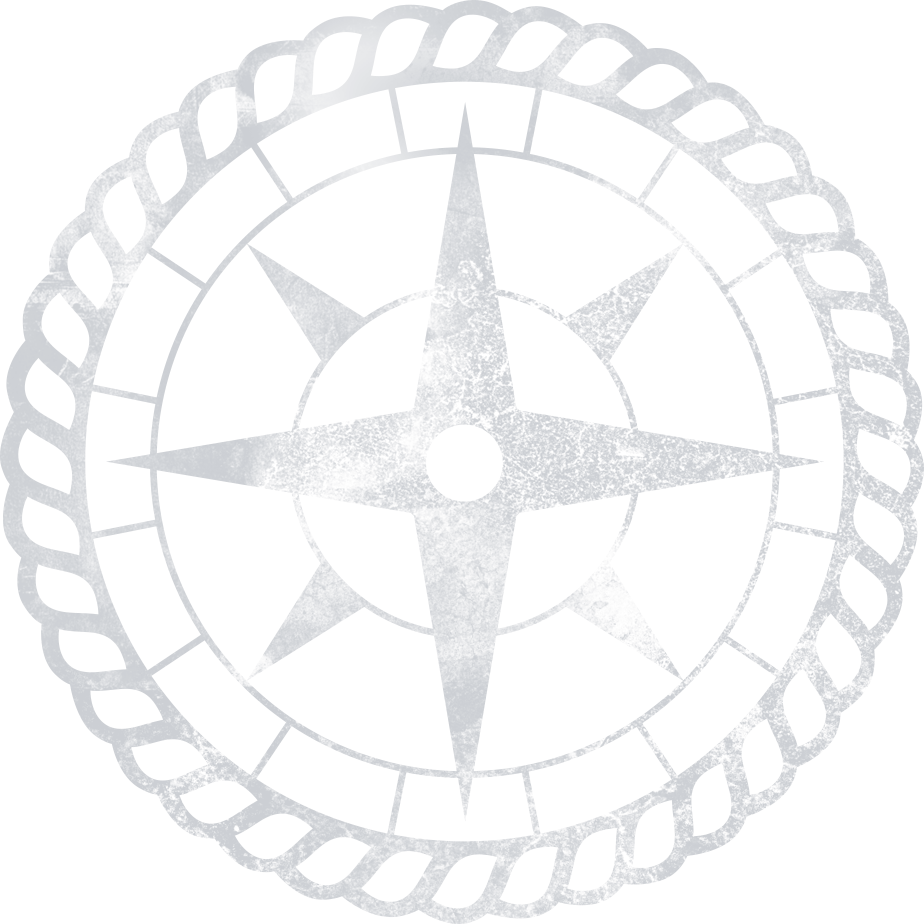
Getting Started
If you are ready to enroll on a course click the enroll button next to the course you wish to select or you can enroll over the phone by speaking with one of our Customer Success Specialists (toll-free) at 866-467-7651.
To secure your spot on a course you must submit an enrollment form and $500 deposit that is applied toward the total cost of the course and includes a $150 non-refundable enrollment processing fee.


